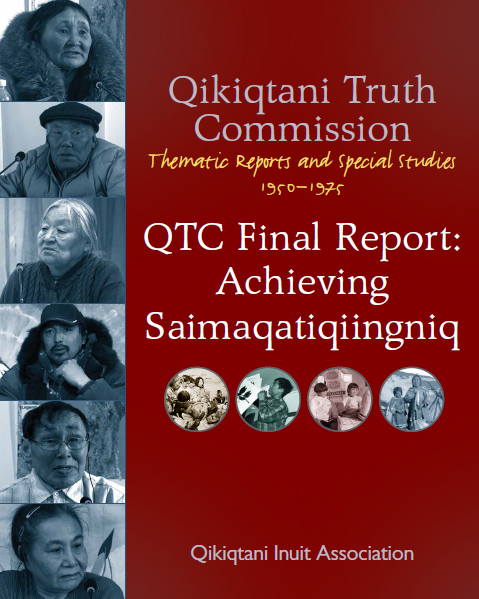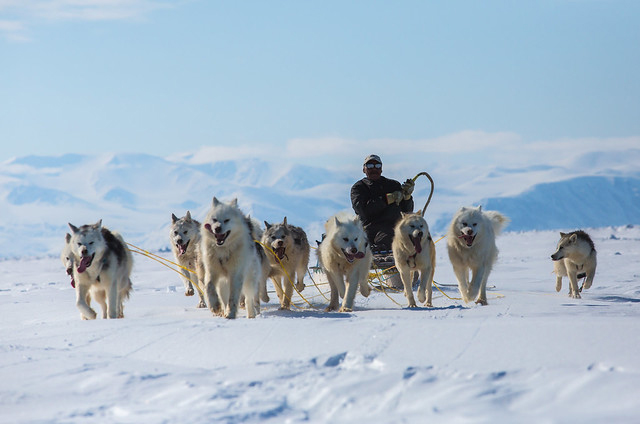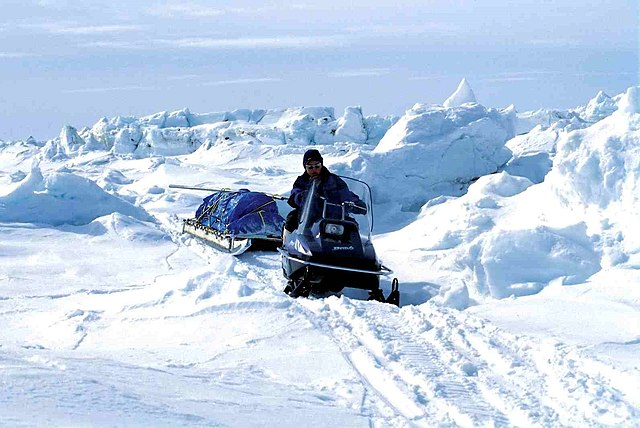The government of Canada apologized last week to the Inuit of Baffin Island for treating them very badly during the middle of the twentieth century. The apology was reported by a story in the CBC on Wednesday, August 14.

Carolyn Bennett, the Minister of Crown-Indigenous Relations, went to Iqaluit, the capital of the Nunavut Territory, to present a wide-ranging apologetic speech on behalf of the government to a crowd of Inuit, including a group of elders. She said, in part, “We failed to provide you with proper housing, adequate medical care, education, economic viability and jobs. We took away your independence by imposing our own priorities and forcing you to survive in a difficult environment and in locations that were not of your choosing, nor your traditional home.”
The minister recited the story of one Emily Takatak as an example of how badly the government had treated the people. Takatak was told she was being forcibly removed from her home but she was not told why. Nor was she told if she would be allowed to return, and she was not permitted to take any of her belongings with her such as clothing for her children. She subsequently discovered that her possessions had been burned.
From 1950 to 1975, the Canadian government removed many Inuit from their homes and resettled them into new communities. The programs set up by the government in the new communities were inadequate and misguided, leading to disease, hunger, and the destruction of the Inuit culture.

The apology last week was based in large part on the 2014 report of the Qikiqtani Truth Commission, a document that described its investigation from 2007 – 2010 of the abuses heaped on the people of Baffin Island by the Canadian government. The QTC document reported, as quoted by one news story, that the “Canadian government has initiated profound social, economic and cultural changes in the North that have had a far-reaching, negative and continuing influence on the lives of Qikiqtani Inuit. The vast majority of these decisions were made without consulting Inuit and the consequences are still felt today (p.346).”

The QTC document reported a particularly insidious attempt by the government to destroy the Inuit culture: the official slaughter of dogs, whose use in pulling sleds used to be an integral part of their hunting and nomadic way of life. Ms. Bennett acknowledged that the government had participated in the destruction of the sled dogs, which were keys “to your culture, survival, and community health.”
The investigation by the Qikiqtani Truth Commission did not uncover any evidence of a conspiracy by government agents to purposely destroy the Inuit by murdering their dogs. But in any case, the agents did kill many sled dogs. Meanwhile, the people, especially the hunters, have adapted to the use of snowmobiles, though they still miss the dogs.
P. J. Akeeagok, the President of the Qikiqtani Inuit Association (QIA), which represents the Inuit of Baffin Island, accepted the government’s apology on behalf of the people. He told the CBC, “Everybody who experienced this directly or indirectly still holds the hurt that they went through as a family.” He added that the formal apology allows the Inuit to not only gain an acknowledgement of what had happened but it also would allow them to plan their next steps as Inuit people.

The government of Canada and the QIA signed a memorandum of understanding at the event on Wednesday. Ms. Bennett said, “We will reconcile past wrongs by celebrating your communities, honouring your culture, respecting your language, and recognizing the ongoing contribution of Inuit to Canada.”
The government granted $20 million to the QIA to help develop language and cultural revitalization projects, governance programs, and healing efforts. The government allotments were too new for Mr. Akeeagok to say exactly what the funds will be used for but he did indicate that $15 million of it will be invested for future projects and $5 million will be allocated for immediate use.
Of that $5 million, $700,000 will be used to support the Nunavut Quest dog sled races—$100,000 per year for seven years. The dog sled races have powerful, symbolic meanings for the Inuit of Baffin Island, he observed, which will help to strengthen their culture.

